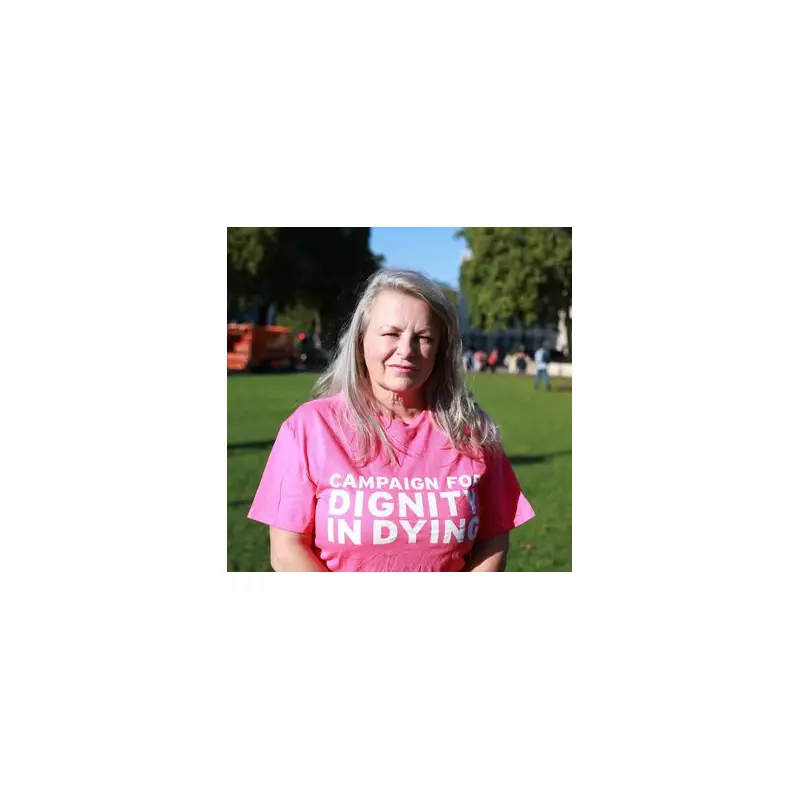
The heartbroken widow of a man who endured weeks of unimaginable suffering before his death has launched an emotional appeal for assisted dying to be legalised in Britain.
Shelley Mears watched her 68-year-old husband David slowly deteriorate from oesophageal cancer, describing his final weeks as "absolute torture" that no human should ever experience.
A Painful Decline
David Mears, a former British Gas worker, was diagnosed in August 2023 and given just months to live. As his condition worsened, he became unable to eat, drink, or even swallow his own saliva.
"He was drowning in his own secretions," Shelley recalled, her voice trembling with emotion. "The death rattle went on for days. It was horrific to watch someone you love suffer like that."
The Final Agony
In his last weeks, David required round-the-clock care from district nurses and was prescribed increasingly strong painkillers, including morphine and ketamine. Despite medical intervention, his suffering remained intense.
"He was just existing, not living," Shelley explained. "There was no quality of life whatsoever. He'd have been horrified to know this was how he'd end his days."
A Plea for Compassion
Shelley now joins growing calls for Parliament to reconsider the UK's stance on assisted dying. Currently, helping someone end their life can lead to up to 14 years in prison in England and Wales.
"It should be a basic human right to die with dignity," she argued. "When there's no hope and only suffering ahead, people should have the choice to end their pain peacefully."
Changing Attitudes
The debate around assisted dying has gained momentum across the UK, with several British territories already implementing or considering similar legislation. Jersey recently approved assisted dying principles, while the Isle of Man is debating its own bill.
Scotland is also expected to vote on new assisted dying legislation later this year, indicating shifting public attitudes toward end-of-life choices.
A Legacy of Hope
Shelley hopes that by sharing David's story, she can help prevent other families from experiencing similar trauma. "No one should have to watch their loved one suffer like I did," she said.
"David was a proud, dignified man who deserved better. I'll keep fighting for this law to change in his memory."





